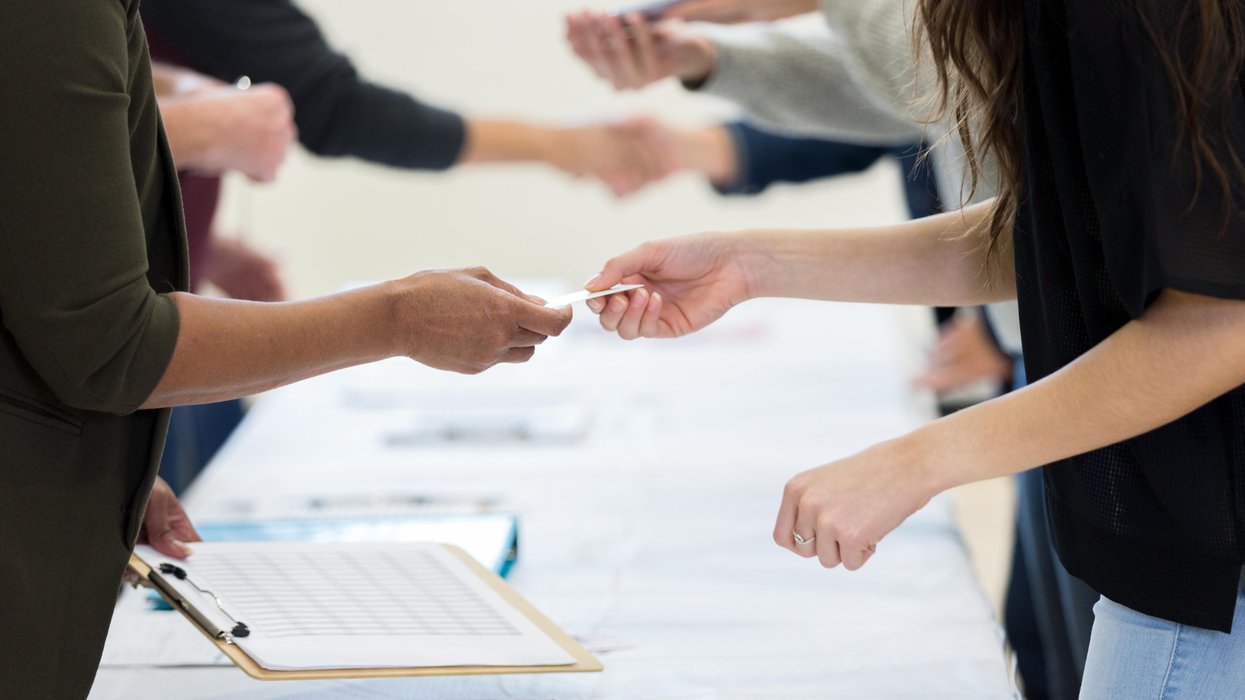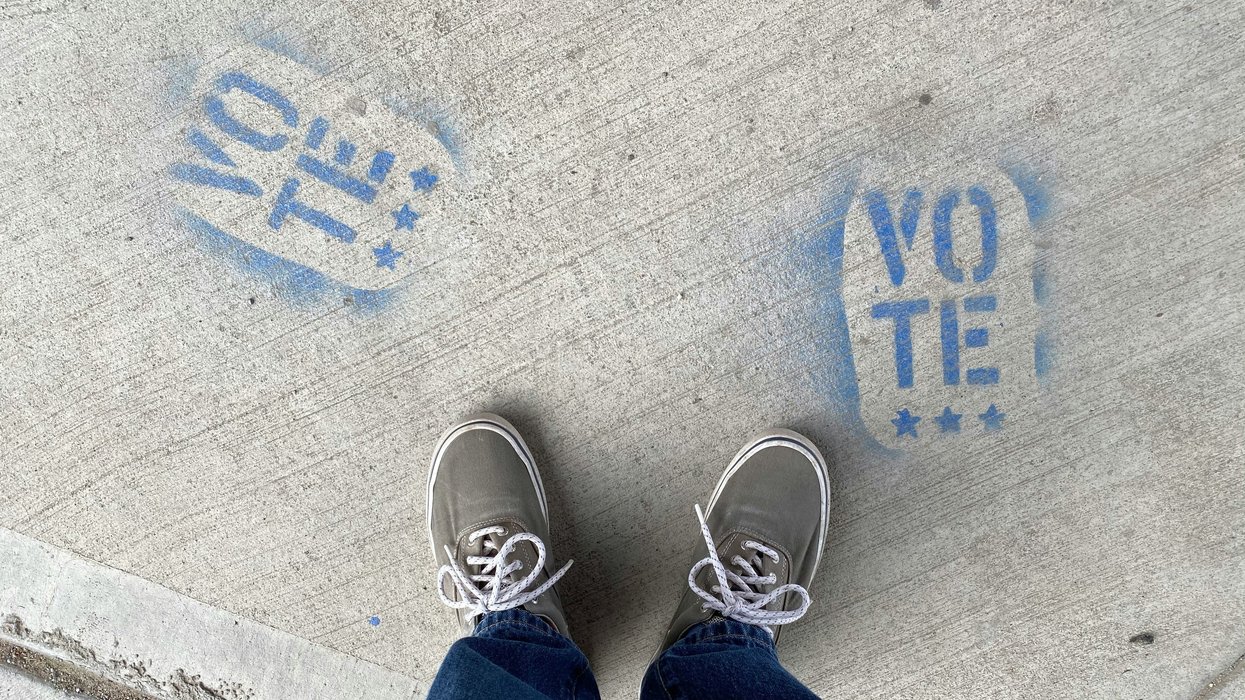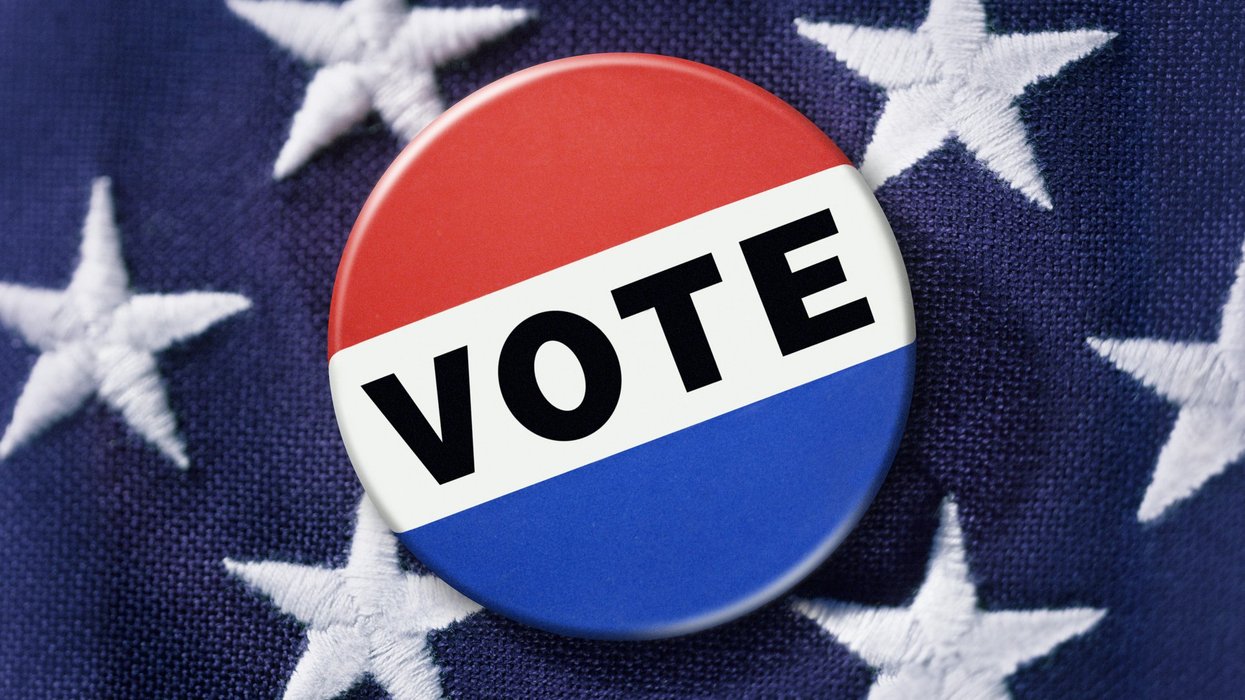Allegations that New Hampshire's new voter registration law discriminates against out-of-state college students has survived the first round in federal court.
And the judge signaled he'll push toward a final ruling before the state's first-in-the-nation Democratic presidential primary in February, when turnout by young people could prove decisive.
The lawsuit was filed by the American Civil Liberties Union on behalf of two Dartmouth students, one from Louisiana and one from California, who want to keep their home state driver's licenses but vote on campus next year.
Under a state law that took effect last month, however, such students must pay to get New Hampshire licenses and register their cars in the state at least two months before they can go to the polls. Its Republican authors say their aim is to prevent fraud. But the plaintiffs, now including the state Democratic Party, describe the requirement as a de facto poll tax created to disenfranchise thousands of liberally-leaning younger votes in a tossup state.
U.S District Judge Joseph LaPlante signaled he was inclined to buy that argument. "What does this law really do except make some people discouraged from voting?" he asked rhetorically at a hearing this week.
An attorney for the state told the judge as many as 5,000 people would be subject to the new requirements. Hillary Clinton carried the state three years ago by 2,700 votes, the second-narrowest presidential margin in the country. And the state's most recent Senate race, also in 2016, was the tightest in the country that year; Democrat Maggie Hassan won by 1,017 votes.




















